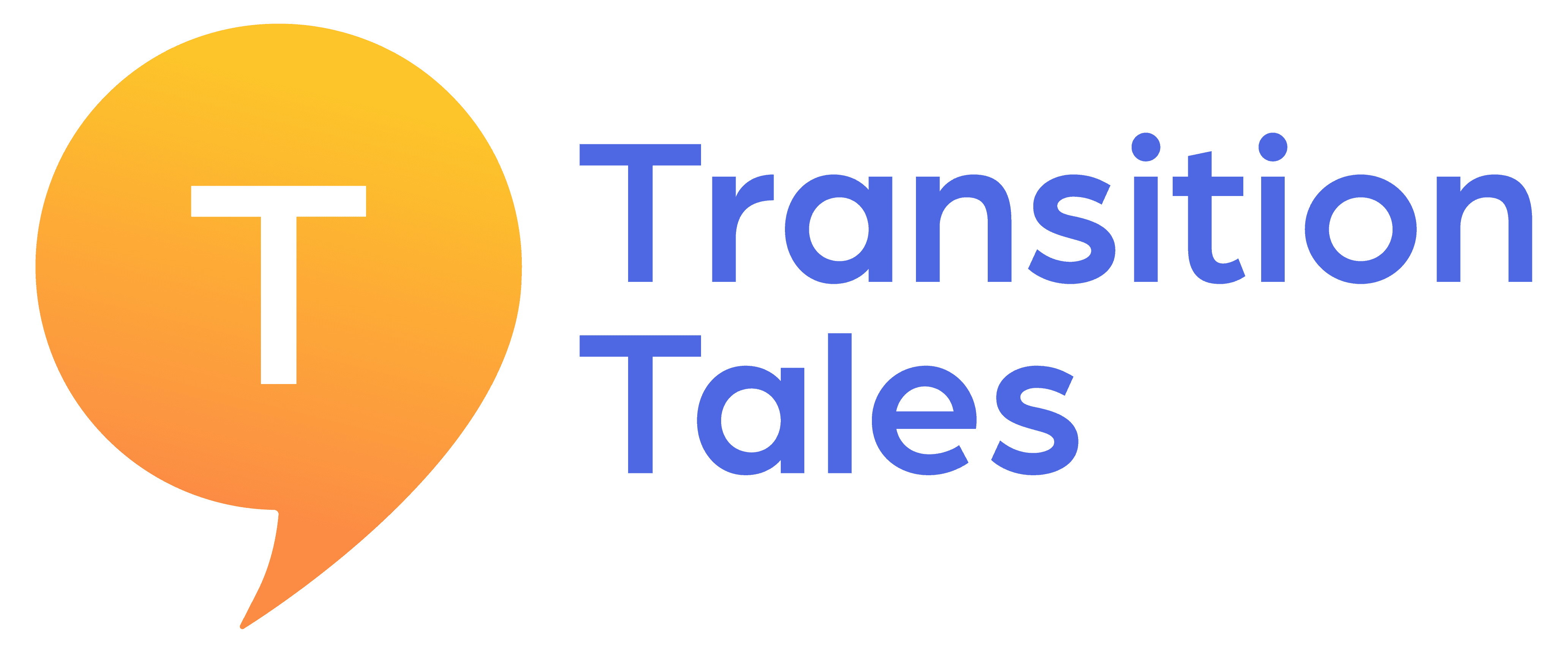Profile
How Kalen is Gradually Building His Dream Career in Gaming and Mixed Reality
About
Challenges
Resources

Kalen Beacham
Product Manager at Microsoft
Transition Summary
Data Analytics & Software Engineering Internships @ JP Morgan Chase
Product Manager @ Microsoft
What have you been up to lately?
I've been working with Microsoft for the past three years now.
I work as a product manager on the Create team, focusing on site UX, accessibility, content management systems, and AI.
Tell us about your journey to Microsoft!
I was an undergraduate at Yale College Class of 2020 and did my degree in Computing in the Arts, an interdisciplinary degree that married computer science with the fine arts. How that materialized for me was working in virtual reality and computer graphics.
My passions have always been at this intersection of technology, art, and business.
So apart from my degree, I wanted to explore internships in business during my undergraduate years. And I ended up working 2 summer internships at JP Morgan Chase.
The first internship was as a data analyst.
The second summer, I was a software engineer who worked on UX prototyping a mobile app, which was really cool.
Fast forward a couple months after that I began my MBA program at the Yale School of Management under what's called the Silver Scholars Program, which is this deferred program where you do your first year straight from an undergraduate program. Then after that first year you can find work experience for 1-5 years and return to your second year as a full-fledged MBA student.
During my first job search after my first year at Yale School of Management, Microsoft stood out a lot to me because it had this strong mission statement of wanting to empower every person to achieve more. And thankfully Microsoft was willing to have me.
What made you decide to pursue product management?
During my college internships I actually found it most enjoyable to work with other stakeholders and talk about strategy. And so that was really what compelled me to look beyond just working and building solutions as an engineer.
When I was looking at roles beyond software engineering senior year of college, I've heard people describe a product manager as a mini CEO of a product and that was really enticing to me as someone who's interested in business ownership in the future.
What were the resources that helped you secure your PM job at Microsoft?
For those who may be interested in PM, I highly recommend the book: Cracking the PM Interview. It’s a really great novel and primer on the role.
But the most important thing for me to do when I was going about it was talking to people who were product managers, especially alumni connections. The School of Management has this great student club geared towards just the technology industry. And so I also used that opportunity to speak with students who've been through the recruiting process.
I would ask PMs (especially people who’ve just been through the interview process):
What does the role entail?
What are the hard skills or soft skills needed for the PM role?
What rounds did you go through for interviews and what kinds of questions did you have to tackle?
What are traits a technology company looks for in a product manager?
What soft skills/hard skills helped you secure your PM role?
One core soft skill was being a strong communicator and presenter. As a product manager, you listen to feedback, speak on your vision, and speak up for your team. It's important to be able to present ideas in a clear, concise manner.
I think for hard skills, being data-driven and customer-driven – having the ability to navigate the ambiguity in data and find insights to make decisions that have a quantifiable impact. Being data-driven is something I cultivated in my previous work experiences that I communicated in my interviews.
What were the challenges you faced becoming a PM?
Just the small task of finding updated job postings is difficult because job posting sites like Linkedin are not always up to date. The best strategy is to look directly on companies’ websites.
One alternative I also found important is networking for positions that aren't open yet. Job openings come in waves in most large companies because of reorganizations. For example, my team at Microsoft had a hiring spree for engineers at a certain time but then other times, we’ve had sparse openings sprinkled in throughout the fiscal year.
But if you’re networking with folks in organizations that you are interested in joining, even if they might not have open roles now, they might be able to forecast when open roles will come up in the future. That might be a way you can apply for a position before it’s even released to the public.
How did you apply to Microsoft?
So I went straight through the Microsoft site for my application process.
My strategy has always been to 1st go through what's on the site, but also work with the recruiter to bring that awareness that I've submitted this application to differentiate myself.
Of course, having someone who can refer you is another plus. But the network you build with the recruiters and the hiring managers is incredibly important.
In my case, I didn't directly know the hiring manager, but I worked closely with the Microsoft recruiter who was specifically designated for Yale, Harvard, and other universities.
If you don't know a recruiter in that space I think it's more important to network with folks who could put you in contact with the hiring manager
I have gone through several applications and a great number of them resulted in rejections. With each rejection I learned how to improve my interviews and I think that ultimately culminated in an offer from Microsoft. So I will just say it's definitely competitive and it's hard to break in, but I think persistence is key.
Sign up for our newsletter
Discover inspiring stories, valuable resources, and advice to navigate your
career transition with people who are two steps ahead of you.
What is your advice for people who feels uncomfortable networking?
I'm speaking from a perspective of someone who's definitely an introvert, and I immediately went through nervous bouts going through the networking process.
For me, it was definitely a matter of repetition.
It helped me to know that sending that first cold message is always going to be tough. You don't know what the other person is going to see or perceive of you.
It was very much cold outreach because I was just building the network from scratch. I remember sending 30 or 40 messages and I think at least half of them were not answered in fact, and fewer than that were materialized into actual calls.
So I had to learn how to accept that. And I still kept persisting through it.
And once I started getting responses from these people I got a sense of how to refine my messages and my conversations.
Once you get responses, it’s important to be very prompt in your reply and being willing to work around their schedule.
Thankfully most people have been very warm and kind and willing to share their knowledge with me. In total I had at least 30 or 40 conversations.
In my first conversations I missed a few things and rushed some parts here and there. I fumbled a lot when I was first meeting these people. But I learned that I should not let people’s titles scare me – they are humans just as much as we are and they also want to learn about you. I found that it goes really far to relax and just take it as a conversation and build a natural connection with those I spoke with..
One other thing I’ll say about networking is that you may not have to always start from scratch, especially if you've been doing networking in the past, or if you have connections from school or from mentors. I think that those are great places to start because you have points of connection already established.
What’s it like being a person of color in tech/PM/Microsoft?
It's definitely interesting because if I look at my team of 400 there are around 10 of us who African-American, so a very slim minority. And if you look at the entire company, a pretty similar trend. You don't see as many people who look like yourself in this space.
I do think that my company, regardless of how you look or how you identify, has been a very welcome environment.
So I think as a person of color it has been simple to navigate that, but still, representation is important. As we are working on these products it is important for people of color to raise their voices when something's not right or not being represented properly.
We have our employee resource groups that are really focused on that. But DEI is also something that's slowly whittling away at these major companies, and same with schools as per the recent decision by the Supreme Court. And so it's just up to us, I think, to keep fighting for it.
What’s next for you?
My passion is gaming and mixed reality.
To pivot into that space a bit more, I’m looking to the natural bridges I can build between what I have today and what I want, which is XBox and or PlayStation. I want to translate my experience working on UX Accessibility on the Microsoft Create team to my passion space.
So I’m trying to build networks in this space. I found that if you meet with people and show them your passion they're willing to meet with you again and retain you as a meaningful connection.
Transition Tales
